- 📈 Home prices went up in 4 of the last 6 U.S. recessions. Many people thought prices would drop, but they didn't automatically.
- 💸 Interest rates often go down during recessions. This makes homes easier to afford and gives buyers more money to spend.
- 🏠 The number of homes for sale has been very low for a long time. This keeps prices moving up, even when the economy is uncertain.
- 👶 Many millennials are buying homes, and people are moving to places like Las Vegas. This keeps the housing market busy there.
- 📉 Waiting for prices to drop could cost more if interest rates go up, even if home prices drop a little.
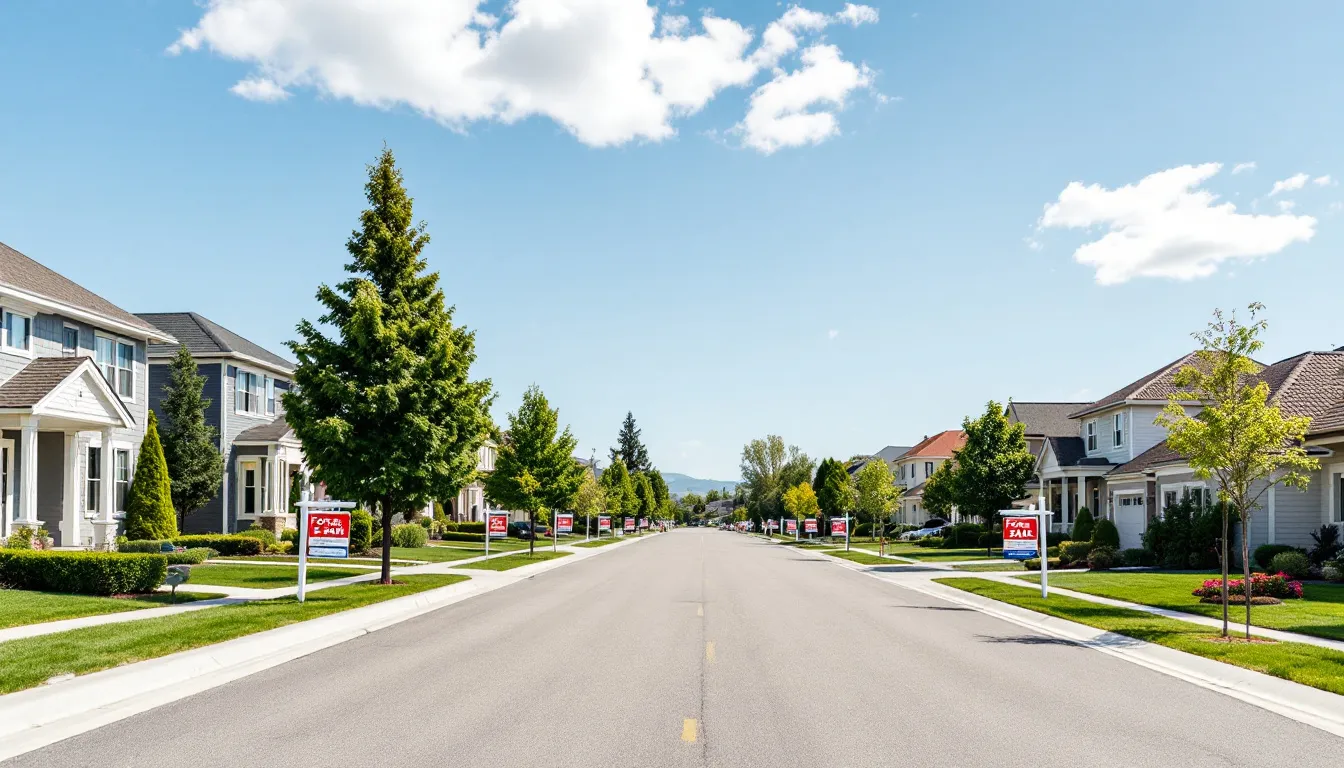
What is a Housing Market Recession—and How Is It Different from an Economic One?
Before you buy or sell, it's important to tell the difference between a traditional economic recession and a housing market recession.
An economic recession usually means the economy shrinks for six months in a row. And it often comes with more people out of work, less buyer confidence, less spending, and businesses not investing as much. These slow periods can affect many parts of the economy, but they don't always make home prices drop.
A housing market recession, though, is more specific. It means home prices keep falling, there are many more foreclosures, demand drops sharply, buyers pull back, and it often takes a lot longer to sell homes. The U.S. had this kind of collapse in 2008 during the subprime mortgage crisis. But that was caused by financial mismanagement and bad lending practices, not just normal economic ups and downs.
Knowing the difference is key if you're deciding when to buy a home only because you fear a coming economic slowdown. In the past, most economic recessions don't cause a housing crisis.
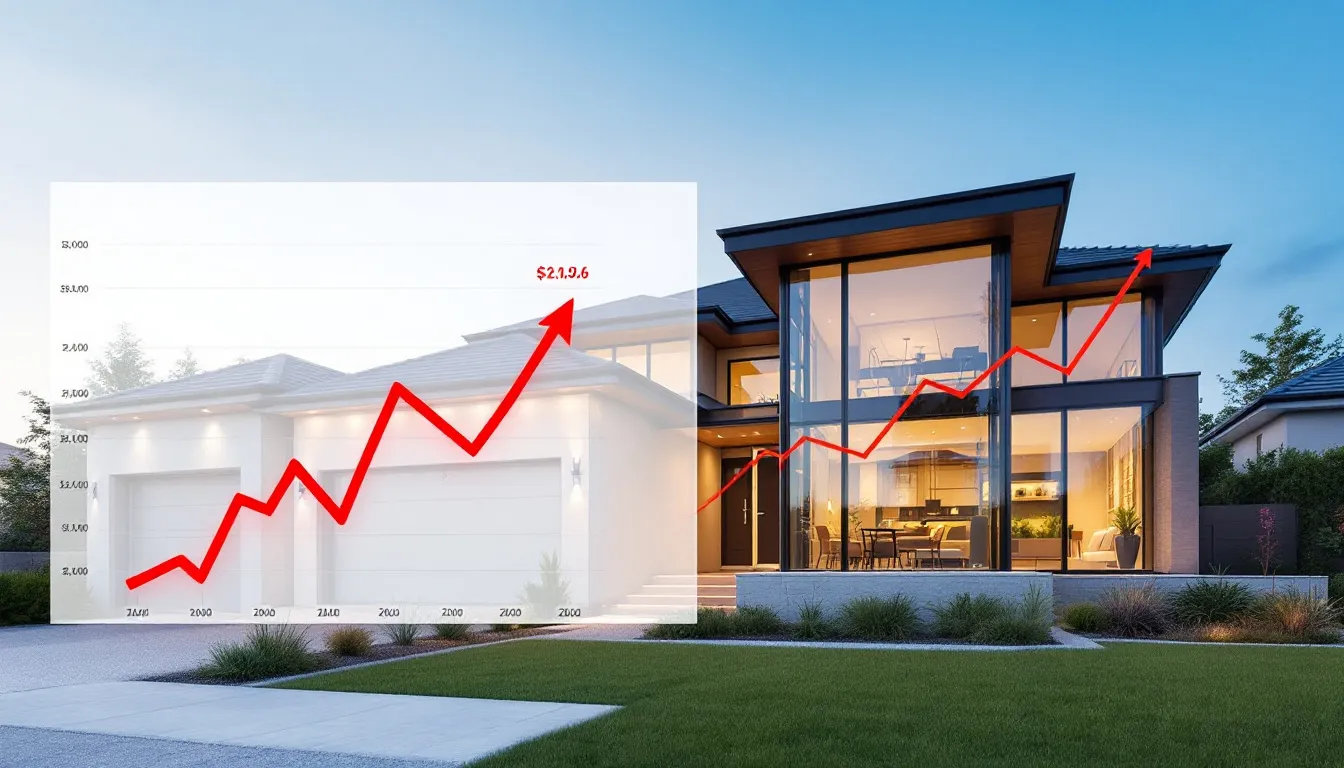
Home Prices Don’t Always Drop in Recessions
Many people think recessions always mean home prices will fall. But history shows this isn't true. Data shows home prices actually went up in four of the last six U.S. recessions: 1980, 1981, 2001, and 2020.
So why do many people believe home prices always drop a lot during recessions? This is largely because the 2008 financial crisis is a big part of what people remember. But it was an uncommon mix of bad lending, investments that were worth too much, and too many homes built. This made it a one-off event, not a pattern.
Instead, recessions often make investors look for things that are fairly safe and real, like real estate. Many homeowners don't sell their homes if they would lose money. This means fewer homes are for sale. And, the government stepping in or offering help during economic slowdowns can put more money into the system and keep demand up. This helps stop prices from falling.
So, if you're waiting on a home purchase because you fear a housing crash, you may be getting ready for something that probably won't happen again.
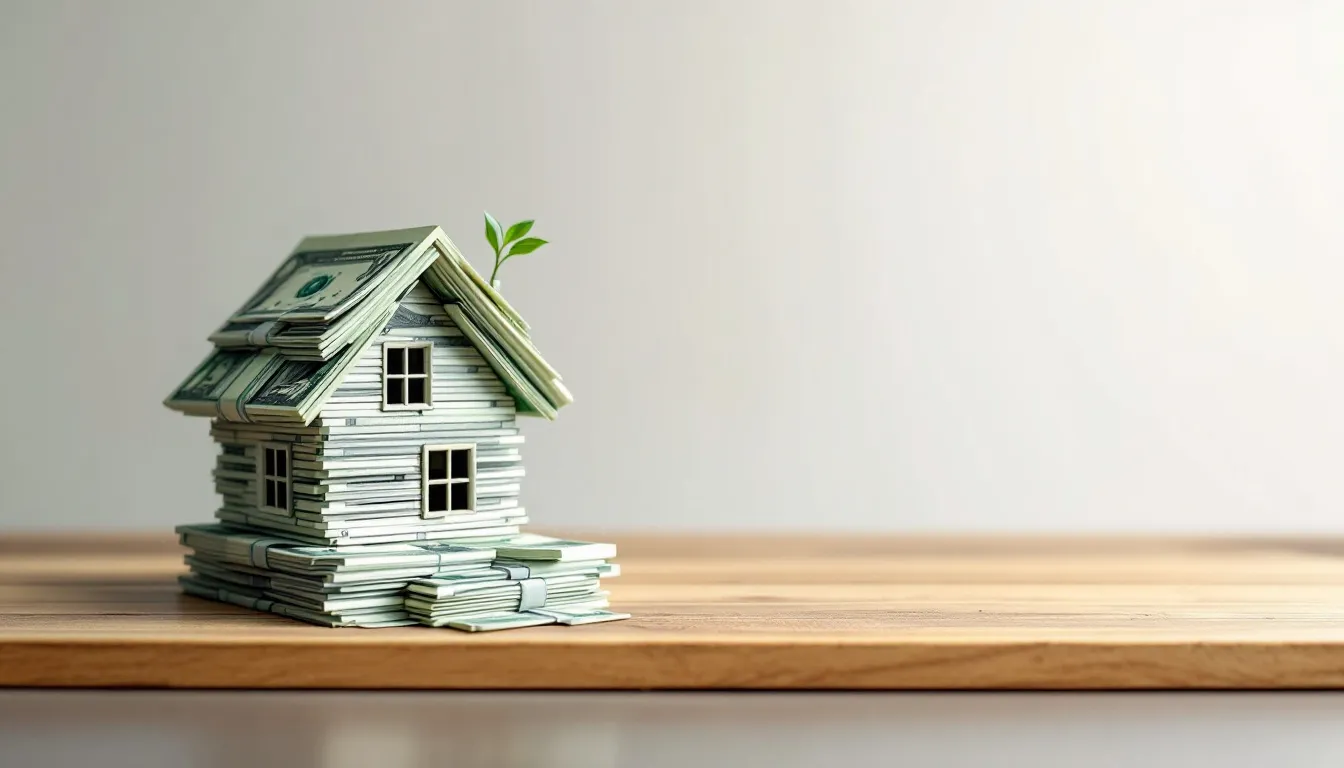
Interest Rates Often Drop During Recessions—Which Can Help Buyers
When the economy slows, the Federal Reserve usually moves quickly to help the economy grow. One of their main ways to do this is by lowering interest rates. This makes borrowing cheaper. It also makes people and companies more likely to spend money.
For people wanting to buy homes, this often means better mortgage deals. A 1% drop in mortgage rates can make your money go a lot further, or it can cut your monthly payment without changing your budget.
For example:
- At a 7% interest rate on a $400,000 loan with a 30-year term, your monthly principal and interest payment is around $2,661.
- At a 6% rate on the same amount and term? It drops to approximately $2,398.
That’s a difference of over $3,000 a year. This is simply due to interest rates moving up or down, not because home prices changed.
This means that even if home prices stay the same or go up a little during a recession, lower rates can make it a better time to buy. For buyers who can get low rates, an economic slowdown might be a surprising chance.
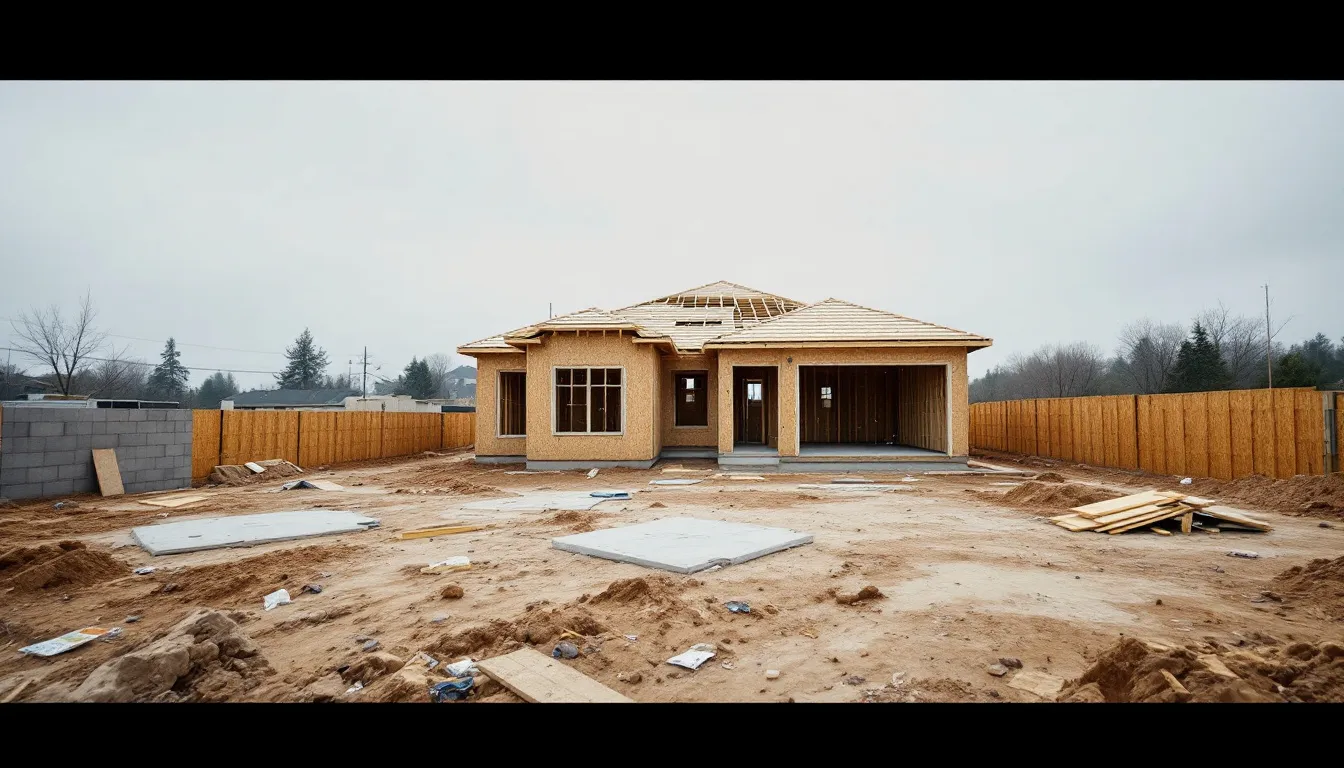
The Hidden Risk in Waiting: Low Inventory May Keep Prices Climbing
Homebuyers often focus on the big picture of the economy when trying to buy at the best time. But how many homes are for sale in their area often matters more.
According to the [National Association of Realtors (2024)], the U.S. still has very few homes for sale, less than in the past. Many cities, including busy markets like Las Vegas, are dealing with a constant lack of available homes.
Several things add to this shortage:
- Baby boomers are staying in their homes longer as they get older. This means fewer older homes go up for sale.
- Building costs stay high because of inflation, not enough workers, and problems getting materials.
- Local zoning laws and land rules stop new homes from being built in places where people want to live.
- Investors are buying up smaller, entry-level homes. This gives fewer choices for people buying their first home.
In markets like Las Vegas, land is limited by its location because of the federal land and natural barriers around it. This makes it hard for builders to keep up with demand, especially when many people still want to buy.
This mismatch of many buyers and few homes pushes prices higher, even if the economy struggles. Waiting for a big drop in prices in this situation could mean you miss out and stay frustrated.

Demand is Still Strong—Especially from Millennials
The demand from homebuyers isn't just about how people feel. It's about who is buying. One of the biggest things affecting the current housing market is the large number of millennials who are now at the age to buy homes.
[U.S. Census Bureau (2023)] data shows there are over 72 million millennials in America. These are people from their late 20s to early 40s. They are setting up homes, starting families, and working toward financial security for the long run. These are steps that often lead to owning a home.
Las Vegas is even more attractive because of:
- It costs less to live there than in California and Pacific Coast cities.
- There is no state income tax.
- People can easily work from home there.
- Jobs are always growing in tech, hospitality, healthcare, and finance.
So, Las Vegas is a place many people move to, including millennials and others who work from home. They want affordable homes, a good lifestyle, and lasting value. Steve Hawks says that even with national news about the economy slowing down, many out-of-state buyers are still looking to move there. And that helps stop the local market from dropping sharply.
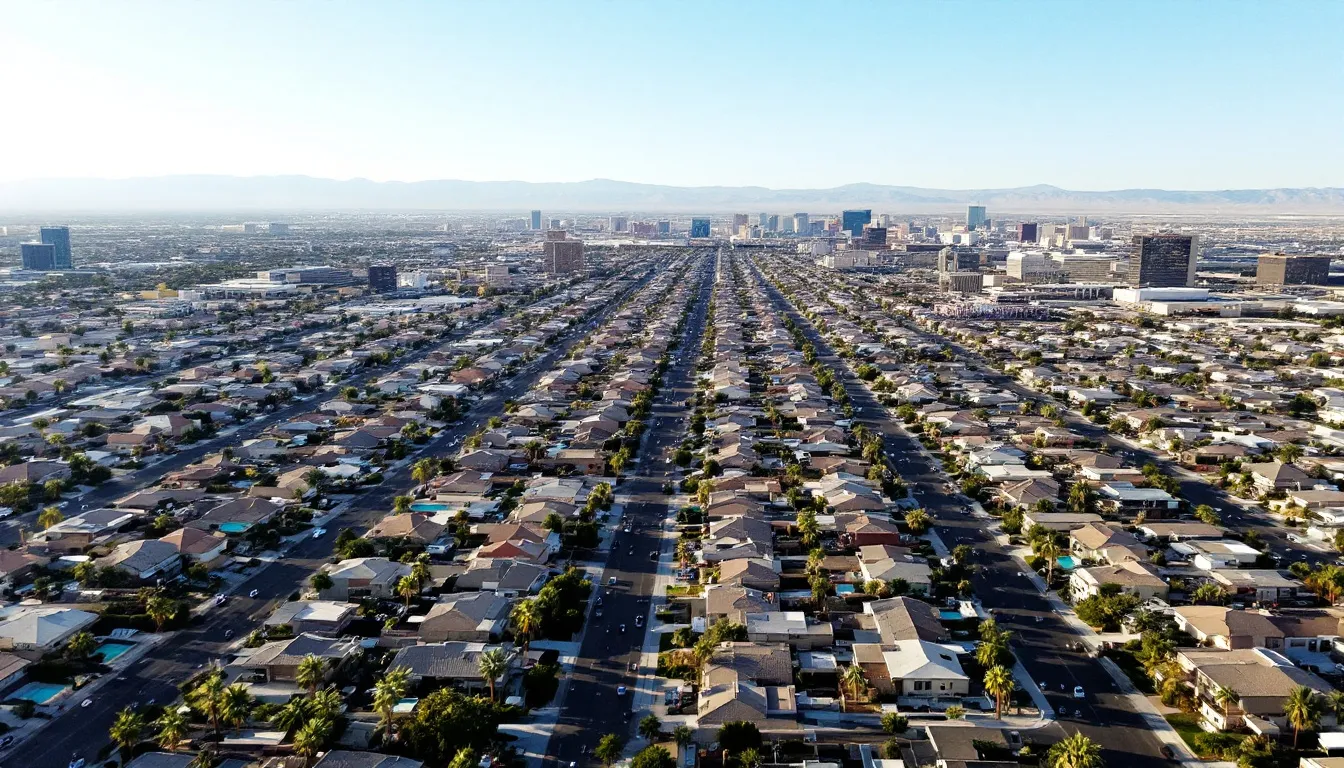
Las Vegas Market: Unique Trends to Watch
Las Vegas is not an average market. It’s an active city that acts differently than older, bigger cities. Knowing its special features can help you understand what's happening in the wider economy.
Rental Demand is High: High interest rates are making some would-be buyers rent instead. And so, many people still want to rent, especially single-family homes. This rise in rental interest makes investors want to keep buying homes. This means fewer homes are left for people who want to live in them.
Not Much Land to Build On: Las Vegas is not like cities that can spread out forever. It is blocked by federal land and desert. This lack of land limits how many new homes can be built. This helps keep home values steady or makes them go up.
Many People Are Moving There: The city is one of the top places people move to from states with high taxes or high costs. Many of these new residents arrive with plenty of money. This keeps the market moving forward.
Remote Work Changes Things: After the pandemic, who buys homes changed. People don't have to work in Bay Area or L.A. offices anymore. They can now work from anywhere. Many are choosing Las Vegas for its affordable housing and still get big-city benefits.
Together, these trends make Las Vegas a strong and stable place to buy. These are things to keep in mind when you think about buying a home during uncertain times.
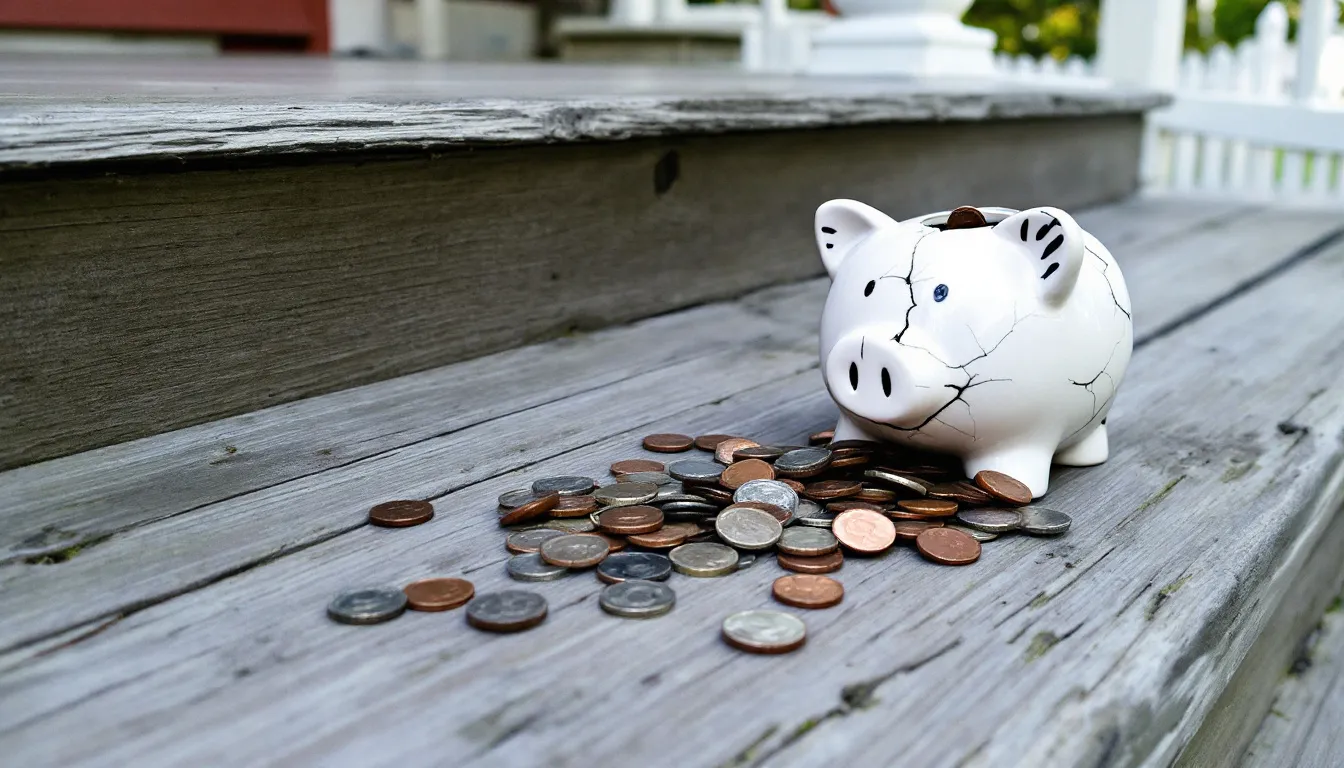
Waiting Might Actually Cost You More
Let's talk about another common idea: that waiting for prices to go down always saves money. The truth is, what you pay depends on the home's price and your loan details. If home values drop a little, but interest rates go up, your monthly payment could actually increase.
Look at this example:
- Today: A $400,000 home at a 6.5% interest rate means about $2,528/month in principal and interest.
- Later: If you wait for the price to fall to $380,000 but rates go up to 7.5%, your monthly payment goes up to $2,659.
That’s more money each month for a less expensive home. This shows how changes in interest can cost you more than small price drops save.
And there's a mental cost to waiting. Many buyers wait, hoping for a better deal, only to find themselves unable to afford a home when the market picks up again.

Sellers Holding Out for Peak Pricing Are Guessing
For sellers, waiting for the highest price can be tempting, but it's risky. In fast-moving markets, top prices often become clear only after they’ve passed.
The current low number of homes for sale puts sellers in a good spot. But that good spot could disappear fast if buyers stop buying because of rising interest rates or a slowing job market. If buyers stop looking, sellers may wait longer or be forced to drop prices later.
Steve Hawks says to be practical. Look at what the market is like now and make sure your timing fits your needs, not just hoping for top prices. Sometimes, selling during a good, but not the very best, time can give better results than trying to get gains that might not happen.
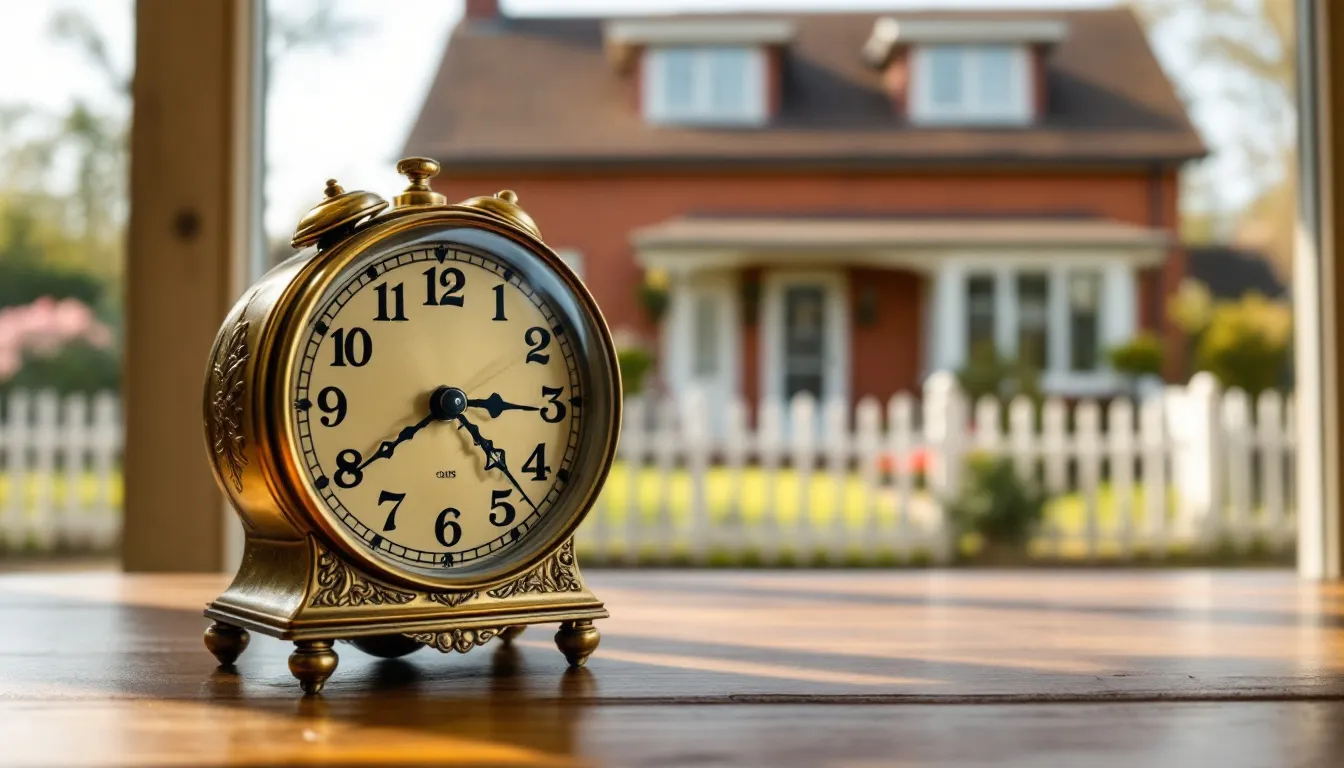
The Myth of Timing the Real Estate Market
Trying to buy or sell real estate at the perfect time is like trying to predict the stock market. It hardly ever works out. While some investors might get lucky, most homeowners build wealth through steady growth in value and owning their homes for a long time.
Between 2010 and 2023, U.S. home prices went up about 5–7% each year, depending on the area, according to. That means even those who bought during "hot" years often still saw good gains in home value.
Trying to buy when prices are lowest can make buyers stuck, always analyzing and never acting. Meanwhile, those who act gain home value, get tax deductions, and make their homes work for them. These are money and life benefits you don't get by waiting.

Should You Buy or Sell Now? It Depends on Your Life—Not Just the Economy
In the end, the right decision depends more on your life situation than on the market:
- Are you expecting a new child and need more space?
- Are you moving for a job and want to own instead of rent?
- Do you want a smaller home and to get cash from your home's value?
These real-life steps are important enough to make buying or selling a good idea, no matter what interest rates are predicted or what the news says.
Las Vegas is a good choice for many buyers and sellers. This is because it has good services and facilities, a mix of different industries, a good tax situation, and value over time. If your life calls for a move, don’t ignore it just to find the perfect market time.

Instead of Waiting: Prepare, Watch Rates, and Work with a Local Expert
If you’re not ready to buy or sell today, that’s okay. But instead of “waiting and seeing,” take steps to get ready:
- Get Pre-Approved: Learn how much home you can afford and what you are comfortable spending.
- Watch Interest Rate News: Keep up with news from the Federal Reserve and bond market, because these can change mortgage rates.
- Work with a Local Expert: A real estate professional like Steve Hawks has a lot of experience in the market. He can help you find the right time for you to act, based on your goals, not just what the news says.
By staying prepared, you’ll be ready to make fast, sure decisions when the time is right.
Final Takeaway: Recessions Are Unpredictable—But Real Estate Doesn’t Have to Be
Economic uncertainty doesn’t have to stop you from making real estate plans. The news talks about a possible housing market recession. But history shows that real estate can, and often does, stay strong even when the economy slows down.
Your money goals, what you need in your life, and your personal timeline are more important than waiting for possible price drops that may not happen. With careful planning, help from experts, and a good understanding of how local markets work, you can make smart real estate decisions in any economy.
When it comes to buying a home, the best way is not to wait for the perfect moment. Instead, you create it by acting with good knowledge and a clear purpose.
Citations:
- National Association of Realtors. (2024). Monthly Housing Market Index.
- U.S. Census Bureau. (2023). Population by Age and Household Composition.

